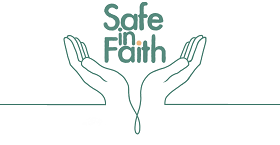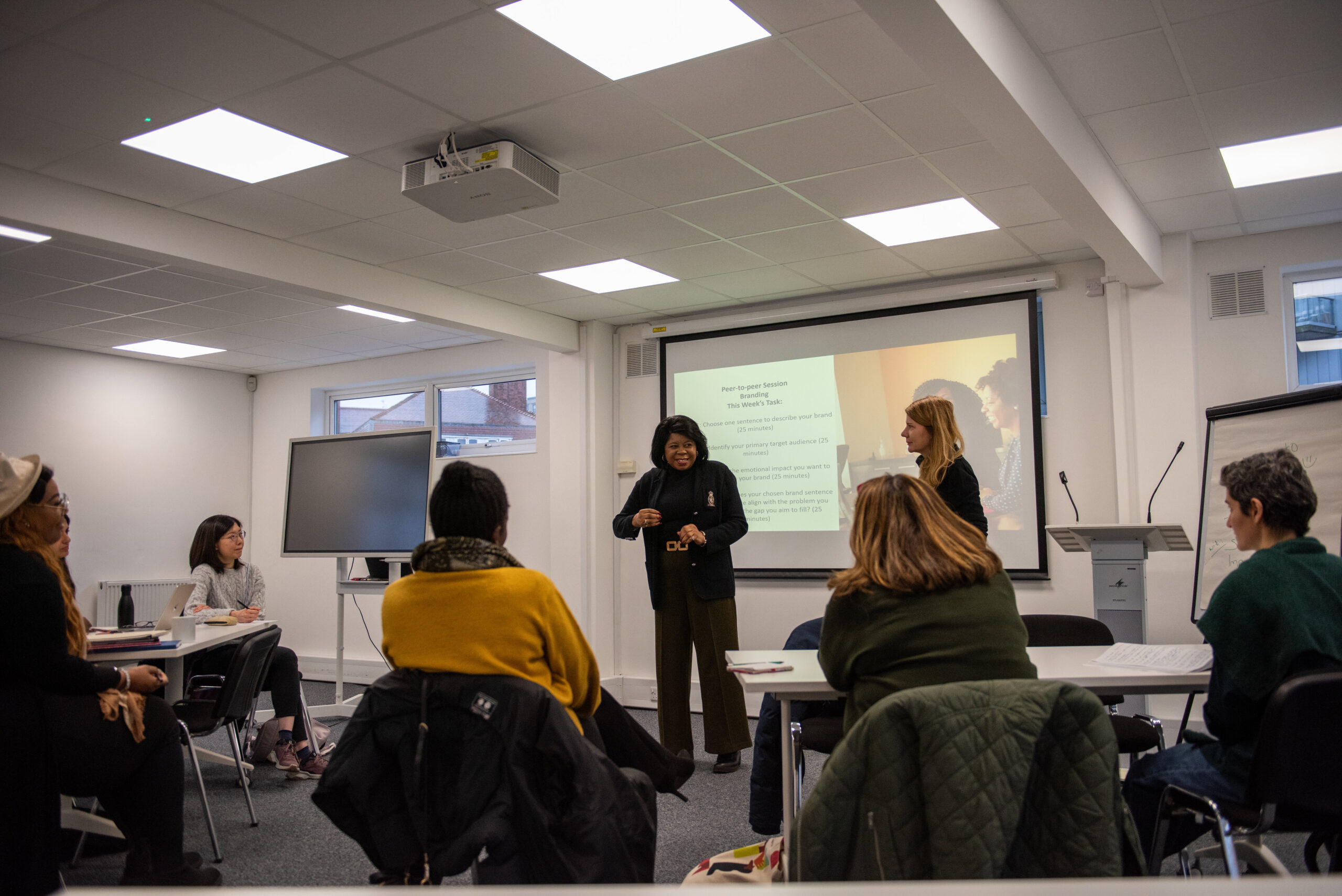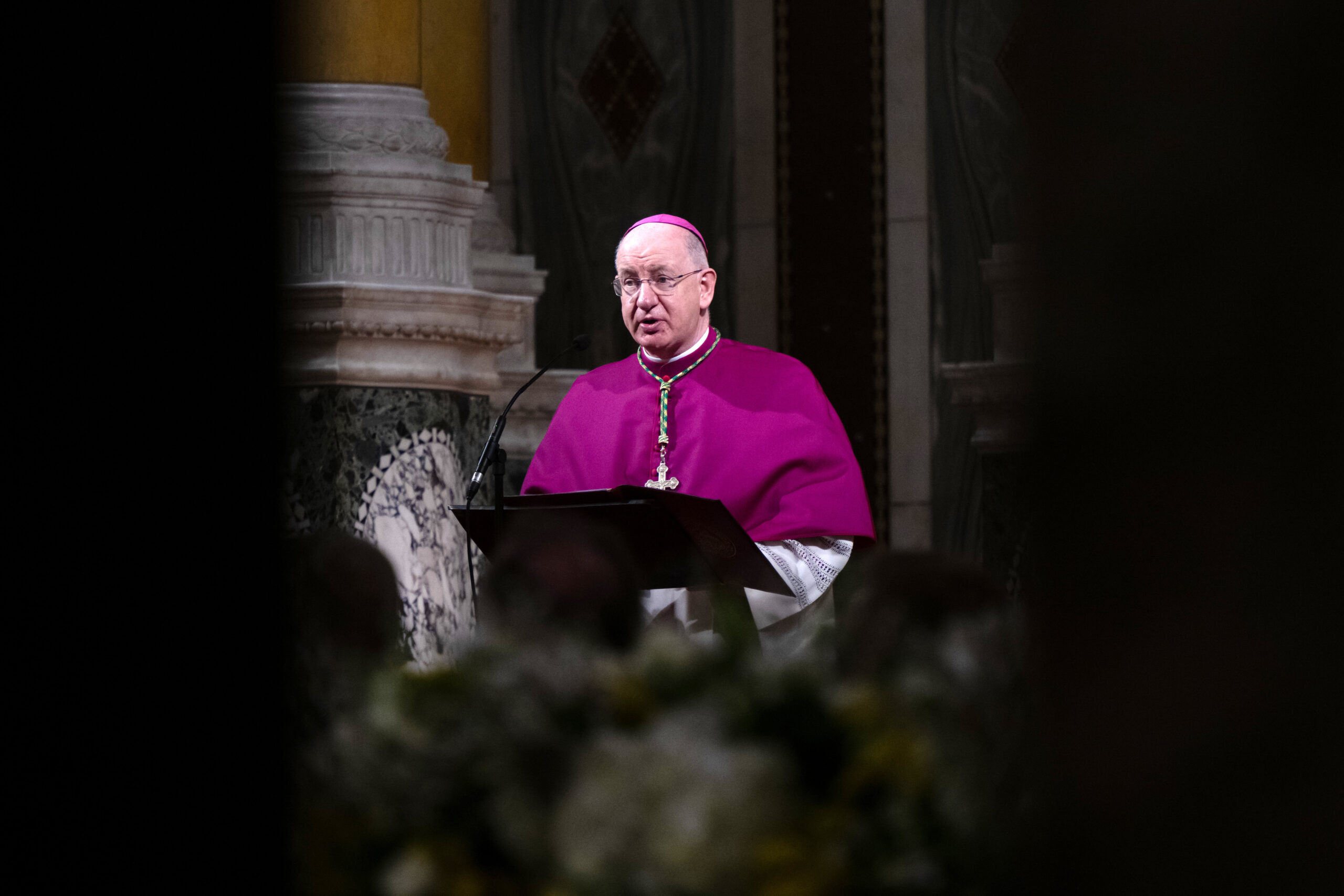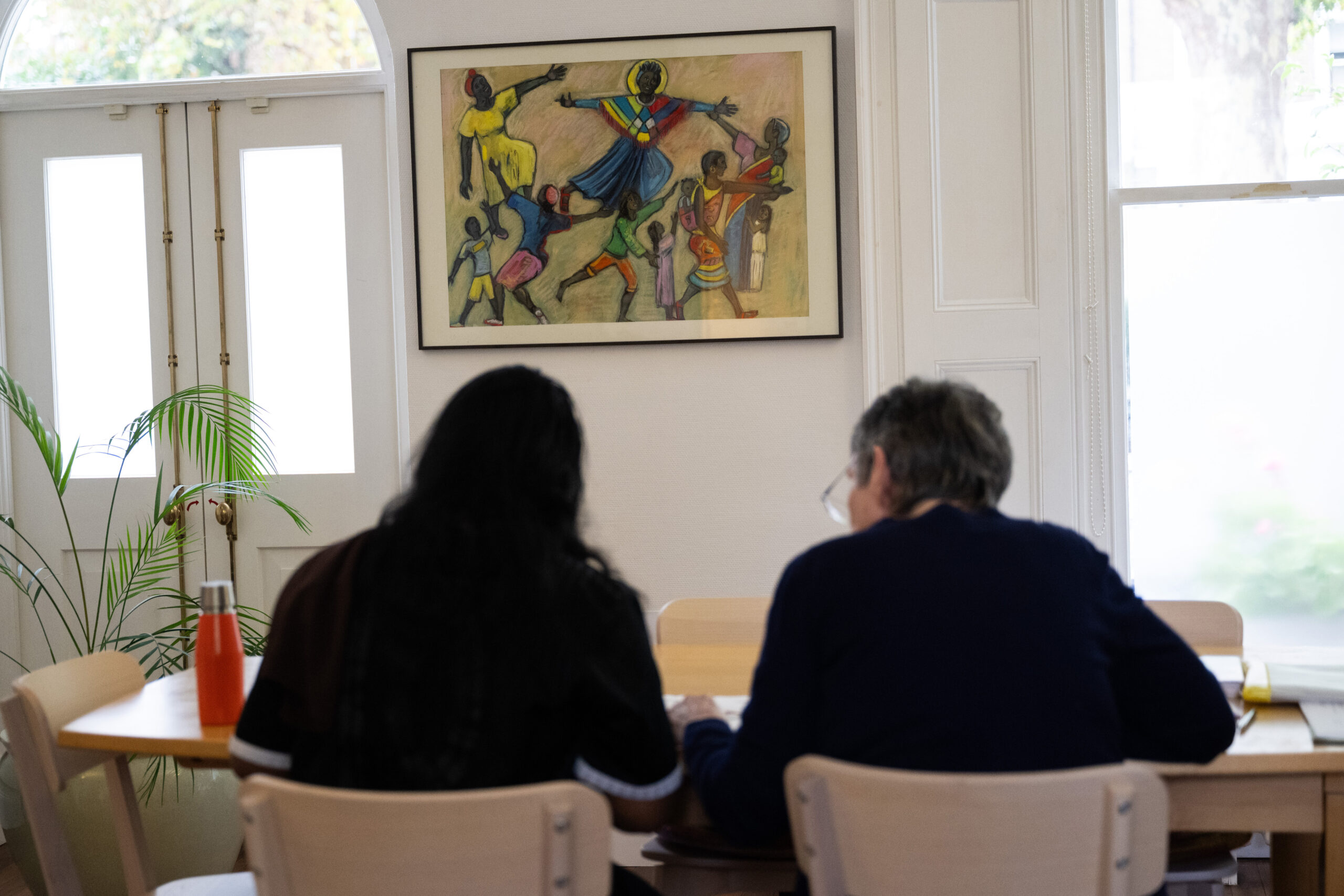Domestic abuse affects one in four women and one in six men in the UK during their lifetime. There are people affected by domestic abuse in every parish. Victims and survivors with a faith background may be subjected to spiritual abuse. Do you know how to respond safely?
Safe in Faith offers training to priests, deacons, religious sisters and pastoral workers to understand domestic abuse. We also have training for counsellors, psychotherapists and other helping professionals in working with domestic abuse, trauma and faith.
Nikki Dhillon Keane founder of Safe in Faith, explains why this training is vital:
Sarah is asking me where God is. Over the years, many domestic abuse survivors have asked me that question; the answer never gets any easier. Sarah tells me how her abuser, who she describes as “charming but very dangerous” has spread false rumours about her in their parish community to discredit her and gain sympathy from people she had counted as friends. She no longer feels welcome there. Her priest told her to pray more and forgive her husband.
Another survivor, Maria, describes fantastic support from her parish priest, who understands domestic abuse and could signpost her to appropriate support. Her parish priest has trained with Safe in Faith, and understands how perpetrators can twist and weaponise the faith of their victim. Spiritual abuse has only recently been recognised as a form of domestic abuse, but is now, thankfully, featured in the statutory guidance which accompanies the Domestic Abuse Act 2021. When a victim has a religious faith, spiritual abuse can be the most powerful and devastating form of coercive control. “You call yourself a Christian – forgive me then” or “You can’t ever leave me or you will go to Hell”
Safe in Faith trains Catholic priests, deacons, sisters and pastoral workers to help victims and survivors recognise and address spiritual abuse, and to reassure them of God’s love and the Church’s support as they seek safety. The difference it makes when faith leaders are trained to give trauma informed support can be life changing or even sometimes life-saving.
We also train an interfaith network of counsellors, psychotherapists and other helping professionals to work with survivors in ways that safely address faith as both a support and a barrier to safety seeking. Some people we train are motivated by their own lived experiences to help others by providing the support they never had themselves.
Six months on, and Sarah is starting to feel hopeful. She has found support in a new parish. We are talking about how people can’t heal in isolation. “That’s why perpetrators keep us isolated.” She says.
The journey from victim to survivor can be dangerous and long, and having people to walk with you even part of the way can make all the difference in the world. And sometimes, in those life-changing relationships, there is, perhaps, at last an answer to her question.
If you would like to know more or to train to support a victim or survivor of domestic abuse visit https://caritaswestminster.org.uk/safe-in-faith/
Find details of our upcoming training for clergy, religious and other faith leaders here.
Read more about spiritual abuse in this blog: Making the world safer for women and girls
Read more about Nikki Dhillon Keane in this article, first published in the Tablet December 2023




